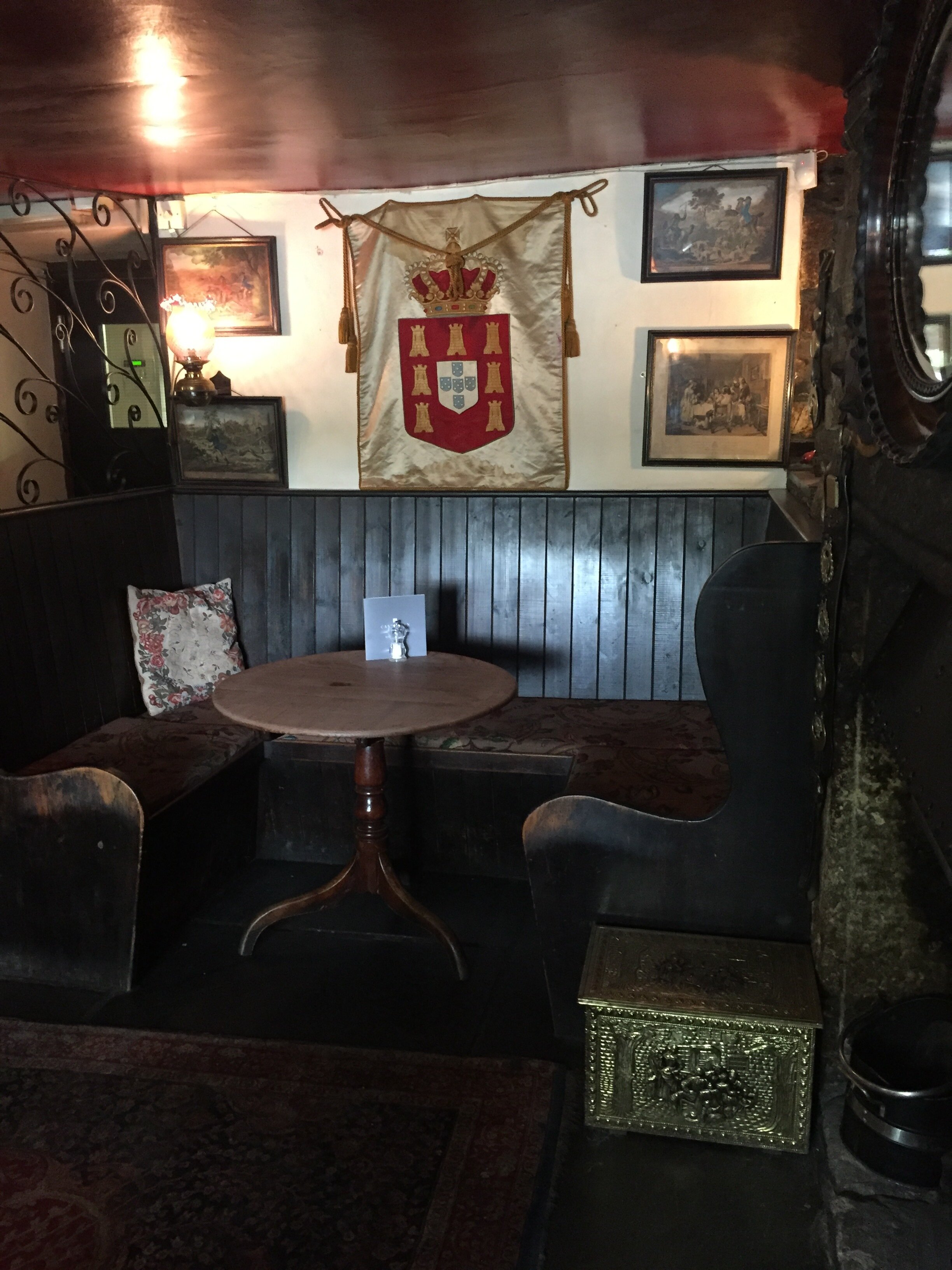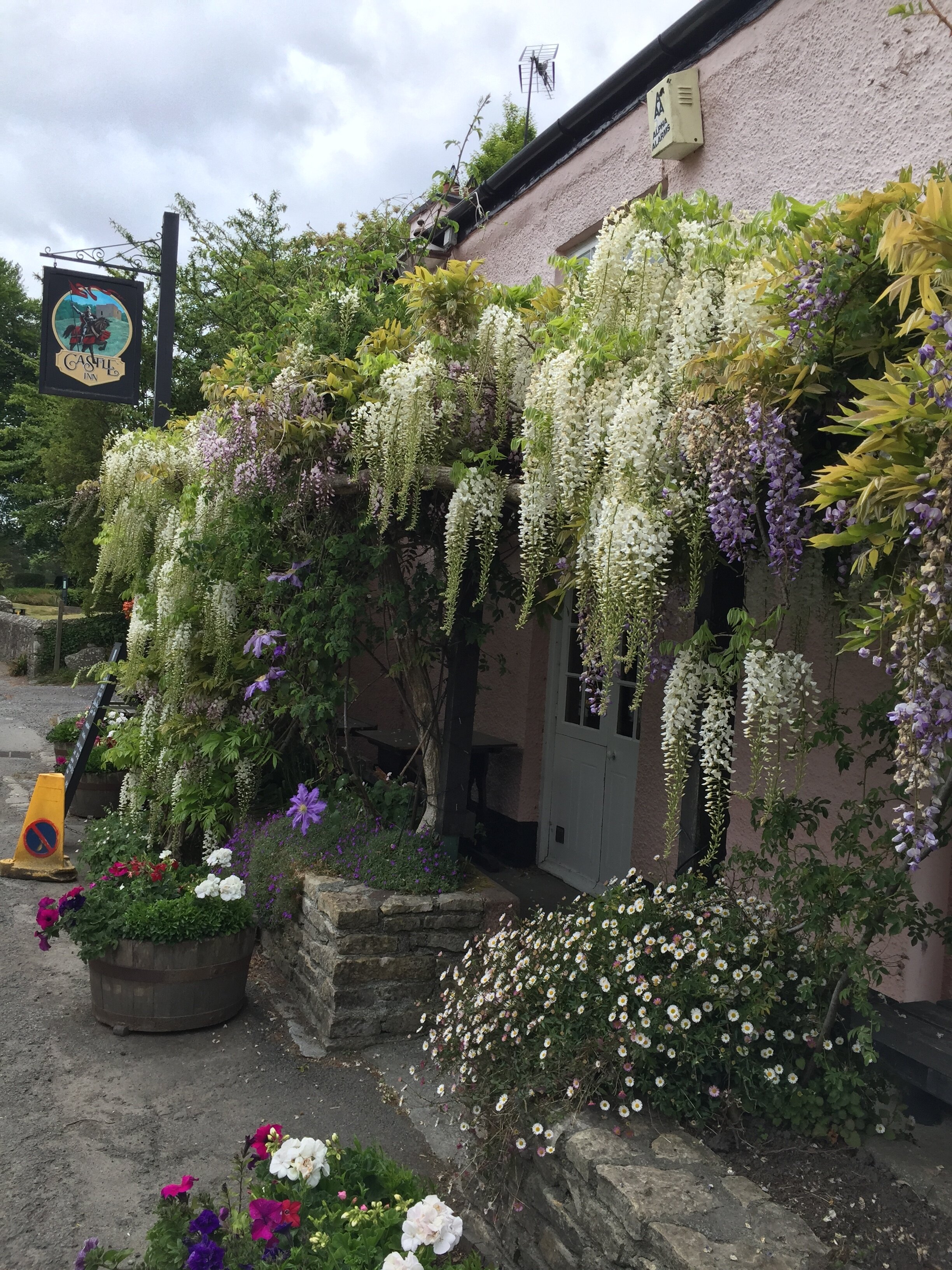Victorian Coaching Inns
The Hotels and Motels of Yesteryear
By the later 1800s, coaching inns weren’t nearly as common as in the early 1800s. The advent of the railroad had much to do with their demise. But trains didn’t run everywhere and many villages were still dependent upon travel by coach. Such is the case for my hero and heroine in The House at the End of the Moor.
The Castle Inn, Lydford, Devon
In the early days of coach travel, carriages would run by day and stop at night, leaving passengers to rest at an inn. By the mid-1800s and later, speed was everything, and overnight accommodations became a thing of the past as coaches ran night and day. Inns were still needed, though, to provide hot meals while horses and drivers were swapped out.
Some inns provided local specialties like Cornish cream and potato pasties, which were great for a quick stop as they could be wrapped in paper and toted onto the coach. Sometimes entire villages depended upon the business as inn kitchens often bought from local butchers and bakers and employed many local people.
Inns came in all different sizes, from small conversions of an old farmhouse, to two- and three-story large establishments. Lodging accommodations varied as well. Sometimes you might not only end up sharing a room but also a bed. On major routes, there could be as many as 15-20 coaches passing by each day.
All the pictures in this post are from the Castle Inn in Lydford, which is where my heroine lives. It is here that Maggie and Oliver must board a coach to Bath without being seen by the constable who’s after them both. Here’s a blurb:
What Can a London Opera Star and an Escaped Dartmoor Prisoner Have in Common?
Opera star Maggie Lee escapes her opulent lifestyle when threatened by a powerful politician who aims to ruin her life. She runs off to the wilds of the moors to live in anonymity. All that changes the day she discovers a half-dead man near her house. Escaped convict Oliver Ward is on the run to prove his innocence, until he gets hurt and is taken in by Maggie. He discovers some jewels in her possession—the very same jewels that got him convicted. Together they hatch a plan to return the jewels, clearing Oliver’s name and hopefully maintaining Maggie’s anonymity.
Will they succeed? Snatch up your copy HERE to find out.




